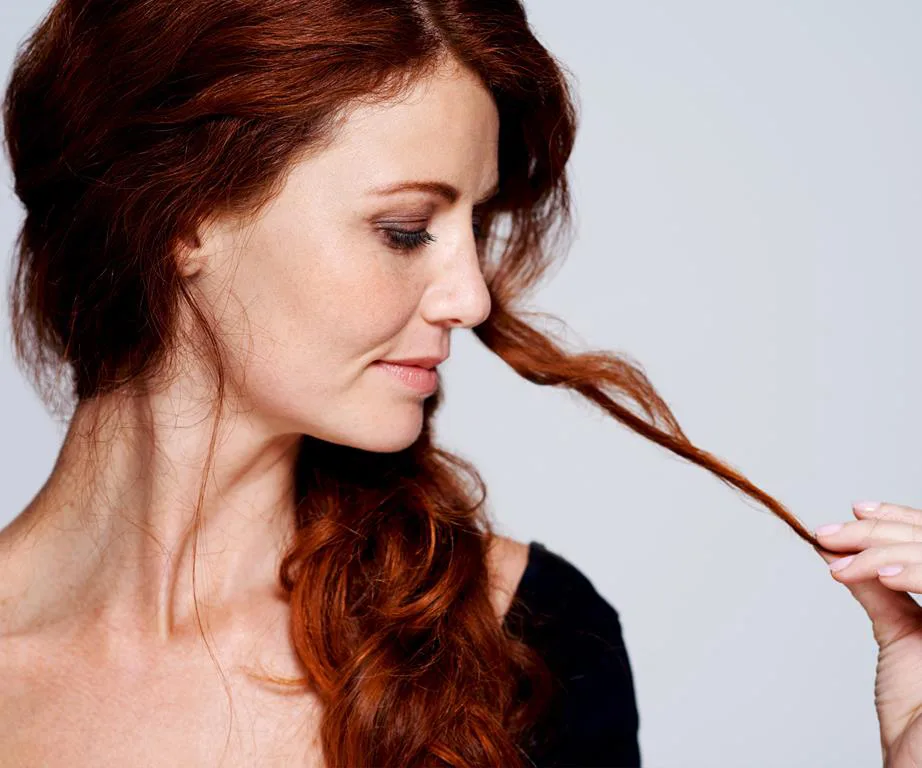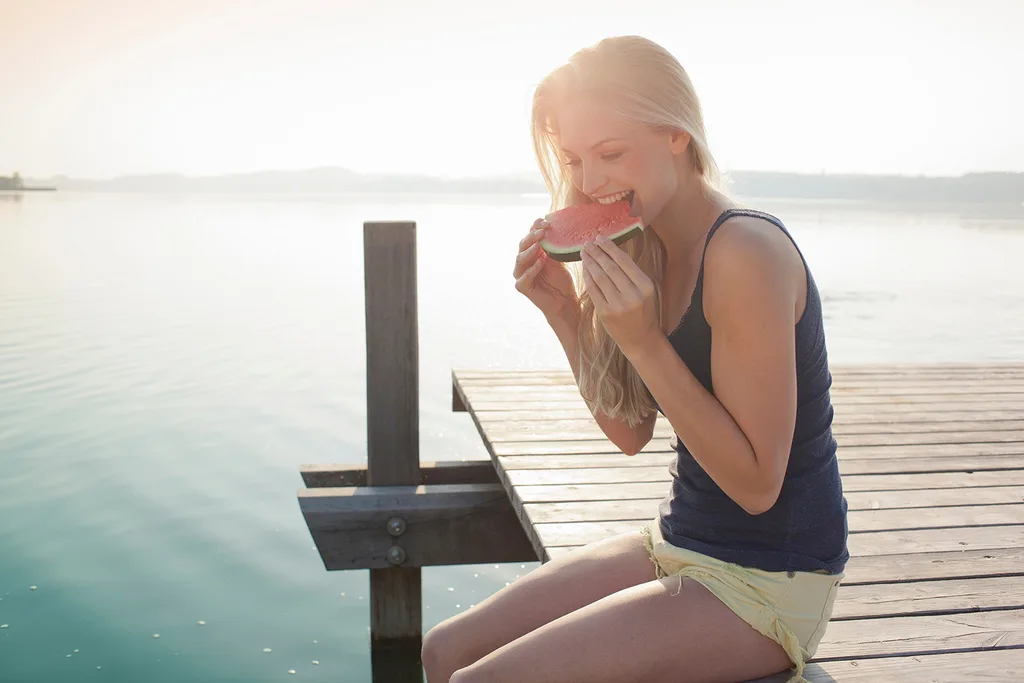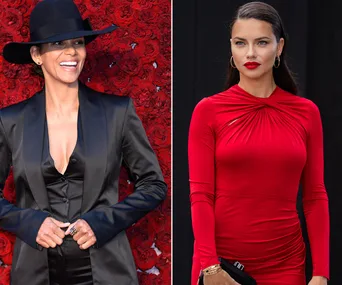Alongside intermittent fasting, the keto diet is one of the biggest fad diets of the decade and has helped countless people around the world lose weight, fast.
Eating keto involves severely cutting down carbs to less than 5 per cent of your daily caloric intake and increasing your fat intake to 75 per cent of your daily caloric intake.
How does this help you lose weight? Science-based nutrition website, Bulletproof, explains: “The keto diet forces your body to burn fat, rather than glucose, for energy.
“When your body can’t get glucose from bread and pasta, your liver converts body fat and fat from your diet into molecules called ketones, an alternative source of fuel. This puts you into ketosis, aka prime weight loss mode.”
But like most things in life, if it sounds too good to be true, it probably is.
While the keto diet has certainly changed many lives, setting people on a healthier, happier path, experts are now saying there are many unfortunate side effects to such a drastic diet, a key one being hair loss.
We set out to investigate why this happens and what measures you can take to save your hair if you’re thinking about going keto, and while the jury is still out on the health risks associated with the keto diet, many experts agree that hair loss and damage to your hair’s integrity is a very real possibility and can happen because of three main reasons: stress, lack of nutrients, and lack of protein.

While the keto diet has become popular as means for weight loss, experts say there can be side-effects of going on such a restrictive diet, including hair loss. (Image: Getty)
Stress
The keto diet is restrictive in nature and can put a lot of stress on both your mind and body. Dr. Anthony Gustin of Perfect Keto outlines six main reasons you may be experiencing stress on keto, including: nutritional deficiencies, caloric deficit, calorie restriction, psychological stress, keto flu, and keto rash.
“The keto diet may put stress on a person in more ways than you might actually be thinking, Keri Gans, RDN, told Health.com.
“It’s a diet of restriction. That takes effort and could be causing stress.”
This may be particularly true for those trying to micromanage other aspects of their lives or who might be going through a big life change outside of the keto diet.
Physiologically, followers of the keto diet often experience rapid weight loss, which can lead to hair loss.
Ali Miller, R.D., and keto dieter herself, told Mind Body Green that eating in such a calorie deficit way can put your body into constant fight or flight mode, “That can stress your thyroid, which can impact your adrenals, that can even drive an autoimmune reaction – all of which could contribute to hair loss.”
Essentially extreme calorie restriction (in any form) will cause the body to go into conservation mode, spending less energy on hair growth.

Restricting your diet can put a lot of stress on your body, which in turn can have a number of side-effects. (Image: Getty)
Lack of nutrients
Lack of nutrients can play a big factor in hair loss and unfortunately with keto, both calorie restriction and food restrictions can lead to nutrient deficiency.
Alina Petre, MS, RD of Healthline outlines five nutrients that are critical to healthy hair growth: iron, zinc, linoleic acid and alpha-linolenic acid, vitamin B3 and biotin.
You get these nutrients largely from fruits and vegetables, which are often restricted or completely cut out from the keto diet.
“Fruits and vegetables are good for us; they’re high in antioxidants and full of vitamins and minerals,” explains Annette Frain, RD, to Health.com.
“If you eliminate those, you aren’t getting those nutrients over time.”
Dr. Gustin says the problem with low-carb diets is they flush out essential vitamins and minerals within the first few days, and many people don’t realise they need to replenish these while on the diet.
“As you eat fewer carbs, your body produces less insulin, and glycogen stores get depleted. When glycogen stores are depleted, your kidneys excrete water and electrolytes like sodium, zinc, magnesium, potassium and iodine in large amounts.”
And if you’re not replenishing, your hair will suffer.

Fruits and vegetables are often restricted or completely ruled out on the keto diet, which experts says puts you at risk of having nutrient deficiencies. (Image: Getty)
Lack of protein
Finally, protein deficiency is a big concern for those starting out on keto and can lead to hair loss. This often occurs because those who aren’t consuming enough protein are actually iron deficient. Low iron can lead to hypothyroidism which directly impacts hair health and growth.
Miller explains that the classic keto diet was developed for those with epilepsy and neurological disease and is often extremely protein-restricted. “What happens, often with women, is that their appetite is regulated and they don’t have organic hunger. So they under-eat—and they under-eat protein pretty dramatically—and the first sign of protein malnourishment is hair loss.”
Dr. Gustin elaborates on this, stating that many beginners believe eating too much protein will knock them out of ketosis, which is not true. However, Dr. Joshua Zeichner told Women’s Health that while inadequate protein consumption may lead to hair loss (among other issues with skin and nails), in his experience, most people on the keto diet do consume enough protein and that the extreme calorie restriction is likely the bigger culprit for hair loss on keto.
So how can we prevent hair loss?
Most experts recommend taking daily supplements, like a multivitamin or biotin, when on the keto diet and having regular doctor visits to ensure your electrolytes and nutrients remain stable during the diet.
Dr. Gustin provides a list of six essential foods and supplements you should consume on the keto diet to prevent hair loss and other adverse side effects including biotin, MSM, bone broth, collagen, zinc, coconut oil.
For most women, Miller suggests consuming 60-90 grams of protein per day, while both Dr. Gustin and Dr. Zeichner stress the importance of eating enough calories and replenishing your electrolytes.
Miller also stresses the importance of scaling back on rigorous exercise like HIIT workouts in favour of low-impact ones like hiking or yoga. This will help lower your stress levels and help protect you from completely depleting yourself of essential nutrients when first starting keto.
This story originally appeared on our sister site, beautyheaven.



